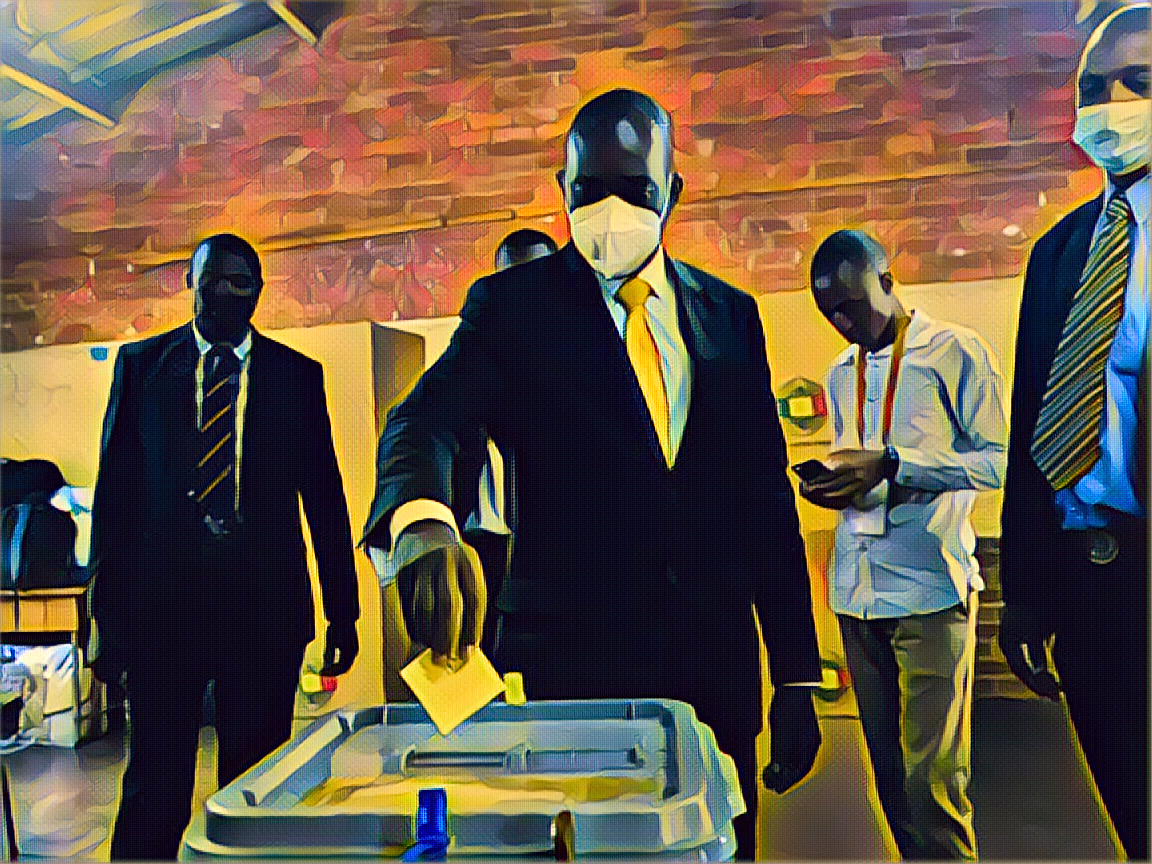In two recent by-elections held on a quiet Saturday, there was a strikingly low turnout of voters, which reflects a broader trend of disengagement in Zimbabwean electoral politics. Despite the widespread voter apathy, Zanu PF candidates managed to secure victories in the constituencies of Mt Pleasant and Harare East. However, both constituencies experienced a remarkable reduction in the number of voters compared to previous elections.
In Mt Pleasant, George Mashavave of the ruling Zanu PF party emerged victorious over two independent candidates, Naison Mamutse and Brian Ticky. Mashavave received a total of 3,205 votes while Mamutse and Ticky received 945 and 220 votes, respectively. The turnout rate of just 11.6%, with 206 ballots rejected, is a clear indication of the profound disinterest or disillusionment among the electorate.
Similarly, Harare East showcased low engagement, where Kiven Mutimbanyoka of Zanu PF defeated independent candidate Ropafadzo Cynthia Cheza, securing 3,533 votes to Cheza’s 1,974. The area recorded a slightly higher turnout than Mt Pleasant at 15.2%, but still remarkably low, with 51 ballots rejected.
Comparatively, during the harmonized elections of August 2023, both constituencies saw significantly higher participation, with 24,482 votes cast in Harare East and 26,160 in Mt Pleasant. This drastic drop in voter engagement in the subsequent by-elections raises questions about the underlying factors contributing to such voter apathy.
Takunda Tsunga, a legal and advocacy officer at the Election Resource Centre (ERC), commented on the situation. Although the full post-election report was pending, Tsunga shared preliminary findings that pointed to extremely low voter turnout, a trend that suggests a critical need for improved voter education ahead of such elections. Notably, an ERC pre-election survey revealed that 22.8% of the electorate were not even aware of the by-elections, highlighting a significant information gap.
The vacancies for these two seats arose under dramatic circumstances. Former MPs Fadzayi Mahere and Allan Markham of the Citizens Coalition for Change (CCC) resigned shortly after party leader Nelson Chamisa stepped down in January, citing infiltration and manipulation of the party by Zanu PF. This triggered the by-elections, reflecting a turbulent period in Zimbabwean politics where party dynamics and leadership disputes influence electoral processes.
Responding to the results, Zanu PF’s director of information, Farai Marapira, expressed elation over the victories, interpreting them as evidence of the enduring trust and confidence that the Zimbabwean populace places in the ruling party. Marapira’s statement was imbued with a celebratory tone, emphasizing the party’s commitment to progressing toward national prosperity and stability under President Emmerson Mnangagwa’s leadership.
However, this triumph is juxtaposed with the broader context of voter disengagement, which may undermine the legitimacy of such victories. The low turnout raises concerns about the representativeness of the election outcomes and the efficacy of current electoral and party systems in engaging and mobilizing the electorate.
Voter apathy, especially during by-elections, is a common problem in many countries, including Zimbabwe. However, it is still concerning because it has implications for democracy and good governance. It highlights the importance of political parties and electoral bodies to engage in more voter education and engagement strategies. It also shows the need to address the underlying issues of political disillusionment and to restore public confidence in the electoral process as a means for genuine representation and change.
Although Zanu PF had decisive victories in the by-elections, the low voter turnout remains a significant problem that calls for a critical reassessment of how elections are conducted and perceived in Zimbabwe. It is essential to implement comprehensive reforms in electoral education, increase transparency in party operations, and work towards restoring public trust in the political process.
Source: Newsday


